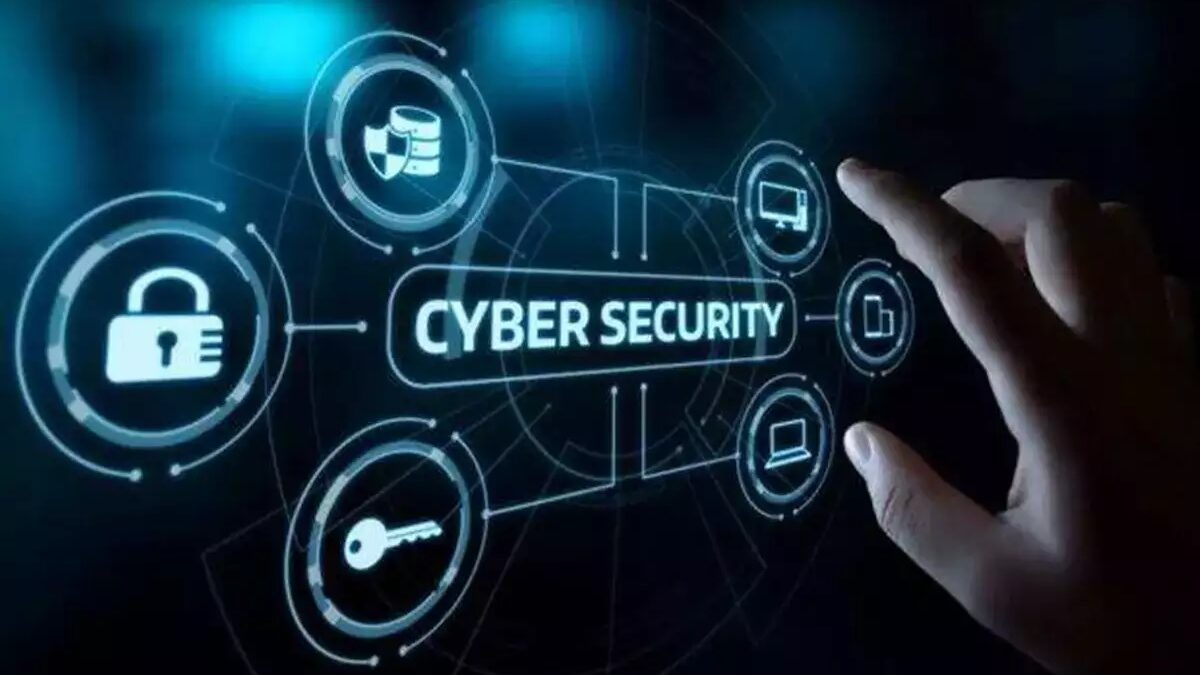The need to maintain internet security has increased in the connected digital environment of today. The idea of “cyber hygiene” highlights the significance of adopting good habits to protect our digital life, just as we value personal cleanliness for our physical well-being. In this essay, we examine the importance of cyber hygiene and how it serves as the cornerstone of a strong foundation for Ensured Online Security.
Digital Environment: A Double-Edged Sword
The internet’s convenience and potential come with a downside: a heightened susceptibility to cyber dangers. The range of dangers is wide and always changing, from identity theft and data breaches to phishing scams and malware infections. The proactive method to combat these attacks and create strong protection against them is emerging, called cyber hygiene.
Update Your Software Frequently to Strengthen Your Defenses
Outdated software is frequently used as a point of entry for cyberattacks. Software makers frequently publish updates to fix flaws that hackers could exploit. Users can protect their devices against well-known security flaws by keeping their operating systems, applications, and antivirus software up to date.
Passwords That Are Complex and Unique Are Your First Line of Defense
The first line of security against unwanted access is still passwords. Uppercase and lowercase letters, numerals, and special characters should all be used in a password. Additionally, by utilizing distinct passwords for various accounts, a domino effect is avoided, in which a hacked password does not put all accounts at risk.
Adding a Second Layer of Authentication with Multi-Factor
Beyond passwords, multi-factor authentication (MFA) adds another level of protection. Users of MFA must submit two or more pieces of identification proof, such as a password and a fingerprint scan or a text message verification code, to prove their identity. This extra step makes it unlikely that illegal access will occur even if a password is obtained.
Phishing Awareness: Taking Care of the Tricky Waters
Phishing scams are cunningly created to deceive people into disclosing sensitive data. Recognizing questionable emails, messages, or links is part of good cyber hygiene. It’s important to be careful before clicking on anything strange and double-checking the sender’s legitimacy.
Regular Backups: A Data Safety Net
Attacks using ransomware can prevent people from accessing their data unless a ransom is paid. Regular data backups ensure that, even in the event of an attack, data can be restored without giving in to demands from attackers. External hard drives and cloud storage are dependable choices for preserving backups.
Protecting Against Sniffing Attacks on Public Wi-Fi
Although convenient, public Wi-Fi networks are frequently insecure. Cyber hygiene involves avoiding access to confidential data or making financial transactions using open networks. Using a virtual private network (VPN) when appropriate gives an additional layer of encryption to conversations, lowering the possibility of data interception. Check out for more info. Trading Bitcoin 360 Ai.
Education and Training: Disseminating Information on Cyber Hygiene
Promoting good cyber hygiene goes beyond individual behaviour and includes educating friends, family, and coworkers. Campaigns for cybersecurity education, workshops, and training sessions contribute to a general understanding of online dangers and protective measures.
Conclusion
Cyber hygiene is the cornerstone of online security in a world where technology permeates every area of our lives. Individuals and companies can drastically lower their vulnerability to cyber-attacks by adopting healthy habits, including regular updates, strong passwords, multi-factor authentication, and cautious online conduct. Like how good personal cleanliness promotes physical health, cyber hygiene promotes digital well-being as a preventative measure against the always-changing cyber risk environment.
Related posts
Recent Posts
- Bitalplus.com: Technology Advantages for Experienced Traders April 19, 2024
- Purchasing Bitcoin (BTC) with Apple Pay March 18, 2024
- Beyond Speculation: In-Depth Analysis And Forecasts For Bitcoin Prices 2023-2025 February 28, 2024
- How to become a professional in Bitcoin mixing? November 16, 2023
- Your guide to enhancing the privacy and anonymity of Bitcoin transactions November 15, 2023
- Bitalplus.com: Technology Advantages for Experienced Traders
- Purchasing Bitcoin (BTC) with Apple Pay
- Beyond Speculation: In-Depth Analysis And Forecasts For Bitcoin Prices 2023-2025
- How to become a professional in Bitcoin mixing?
- Your guide to enhancing the privacy and anonymity of Bitcoin transactions
- April 2024
- March 2024
- February 2024
- November 2023
- September 2023
- August 2023
- July 2023
- April 2023
- February 2023
- January 2023
- November 2022
- September 2022
- August 2022
- July 2022
- June 2022
- April 2022
- March 2022
- February 2022
- January 2022
- November 2021
- October 2021
- September 2021
- August 2021
- July 2021
- June 2021
- May 2021
- April 2021
- March 2021
- February 2021

